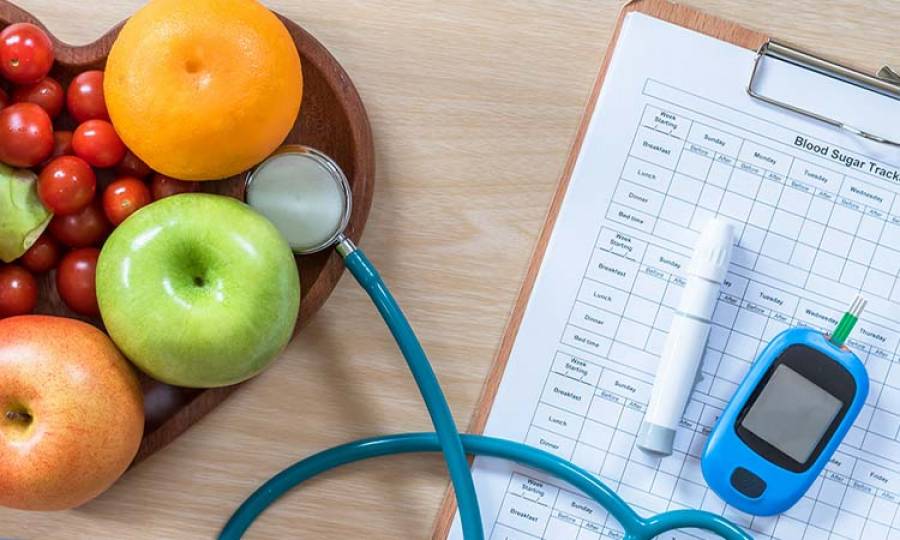Expert from UK highlights factors contributing to diabetes

Karachi: In Pakistan, Diabetes is the fourth highest disease that affects people’s lives. The main issue regarding such a condition is the fact that it has been taken far too lightly by people. The general population doesn’t seem to grasp the point that the lighter they take diabetes as a life-threatening disease, the harder it will hit in the future. Given that diabetes is also a genetically influential disease, one can still combat it by correcting habits.
Referring to the current situation of diabetes in Pakistan, Dr Tabinda, CCST in Diabetes and Endocrinology, South Thames, London and Consultant in Diabetes and Endocrinology, Royal Cornwall Hospital explained that diabetes is a condition in which your body is unable to handle the sugar levels or glucose.
She was speaking at a live session organised by Medical News Pakistan. The moderator for the event was Mr Yousuf Ali.
Dr Tabinda began by explaining, “Diabetes is a condition in which your body is unable to handle the sugar levels or glucose.”
She then went on to explain the normal and abnormal levels of sugar intake. She blamed the cultural norms to be the cause for it.
“Letting kids eat fast food all the time just to keep them happy is not something to appreciate,” Dr Tabinda explained.
Dr Tabinda discussed the risk factors that contribute to Diabetes. She told that with age, the tendency to deal with sugar slows down once grown up. The family history matters in diabetes. She said that type 1 diabetes can be traced early and hence by exercising regularly, the risk can be reduced. Literacy regarding the topic is of high importance. Urban areas are riskier than rural areas because of food complexity and less physical work.
“Every 1 out of 4 people in Sindh are either suffering from diabetes or likely to be diabetic soon.”
She also addressed Type1 and Type2 of diabetes. Explaining that she’s not anti-corporate but fast-food chains are not healthy at all.
“Don't call it McDonald's, call it McDiabetes. 2000 calories per meal. By walking just 1km, you only burn 50 calories.”
Lastly, Dr Tabinda stressed upon healthy eating and abstained from the intake greasy dishes.
Advertisement
Trending
Popular
Aging: New study identifies key lifestyle, environmental factors ...
-
Hair loss: Discovery uncovers key stem ...
08:00 PM, 25 Feb, 2025 -
Broccoli sprout compound may help lower ...
11:31 AM, 25 Feb, 2025 -
Gas Pain vs. Heart Attack: How to tell ...
09:00 PM, 22 Feb, 2025 -
Coconut oil supplement shows promise ...
08:00 PM, 20 Feb, 2025



